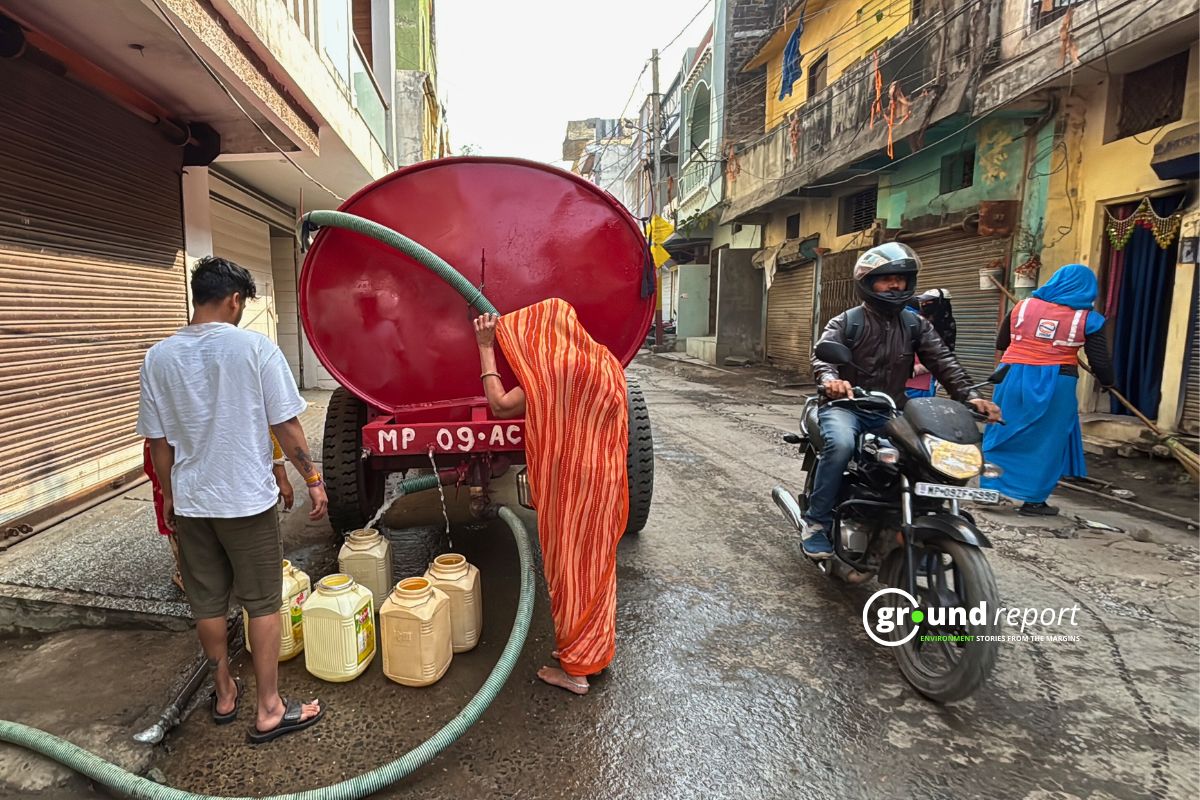In Bedia, Khargone district of Madhya Pradesh, India’s second-largest chilli market presents a paradox. While vibrant heaps of red chillies promise spicy flavours, the discarded chilli stalks create a mounting environmental challenge.
Traders separate these stalks to facilitate chilli processing for export, but the waste management has become problematic. Currently, most stalks are burnt on-site, creating acrid smoke that causes severe eye irritation and poses serious health and environmental hazards.
Though some traders sell these stalks for alternative uses—such as providing economical spiciness in budget namkeen (snack) production or as agricultural fertiliser—researchers from Christ University in Bangalore warn that these applications may still present environmental and health risks.
What is the solution?
Researchers Aditya Shankar and Mridul Umesh have pioneered an innovative solution: transforming chilli stalks into valuable biopolymers. Their groundbreaking research has successfully extracted cellulose, a natural biopolymer, from these agricultural byproducts.
Unlike conventional plastics derived from petrochemical-based synthetic polymers, biopolymers come from renewable, natural sources. Polymers are long chains of repeating structural units (monomers) that can be extracted from both natural and synthetic materials.
As the world seeks alternatives to environmentally harmful plastics, biopolymers represent a sustainable path forward. The cellulose extracted from chilli stalks could revolutionise packaging solutions while addressing waste management challenges.
Beyond Packaging: Multiple Applications
The potential applications extend far beyond simple packaging. The researchers envision their chilli stalk-derived cellulose being used in biomedical implants, pharmaceutical products, drug delivery systems and cosmetic formulations.
To transform this promising research into practical applications, government support and industry partnerships are essential. With proper infrastructure and incentives, chilli stalk waste could become a valuable resource rather than an environmental burden.
This innovative approach not only addresses a significant waste management issue but also contributes to India’s sustainable development goals by creating biodegradable alternatives to plastic pollution.
By converting agricultural waste into high-value products, the research demonstrates how traditional farming byproducts can support circular economy principles and environmentally responsible industry practices.
The journey from Bedia’s burning chilli waste to revolutionary biopolymers illustrates how scientific innovation can transform environmental challenges into opportunities for sustainable growth.
Support us to keep independent environmental journalism alive in India.
More Video Reports
Mahseer saviors struggle as conservation funds dry up
Rising temperatures increasing hardships of chilli sorters in Khargone






